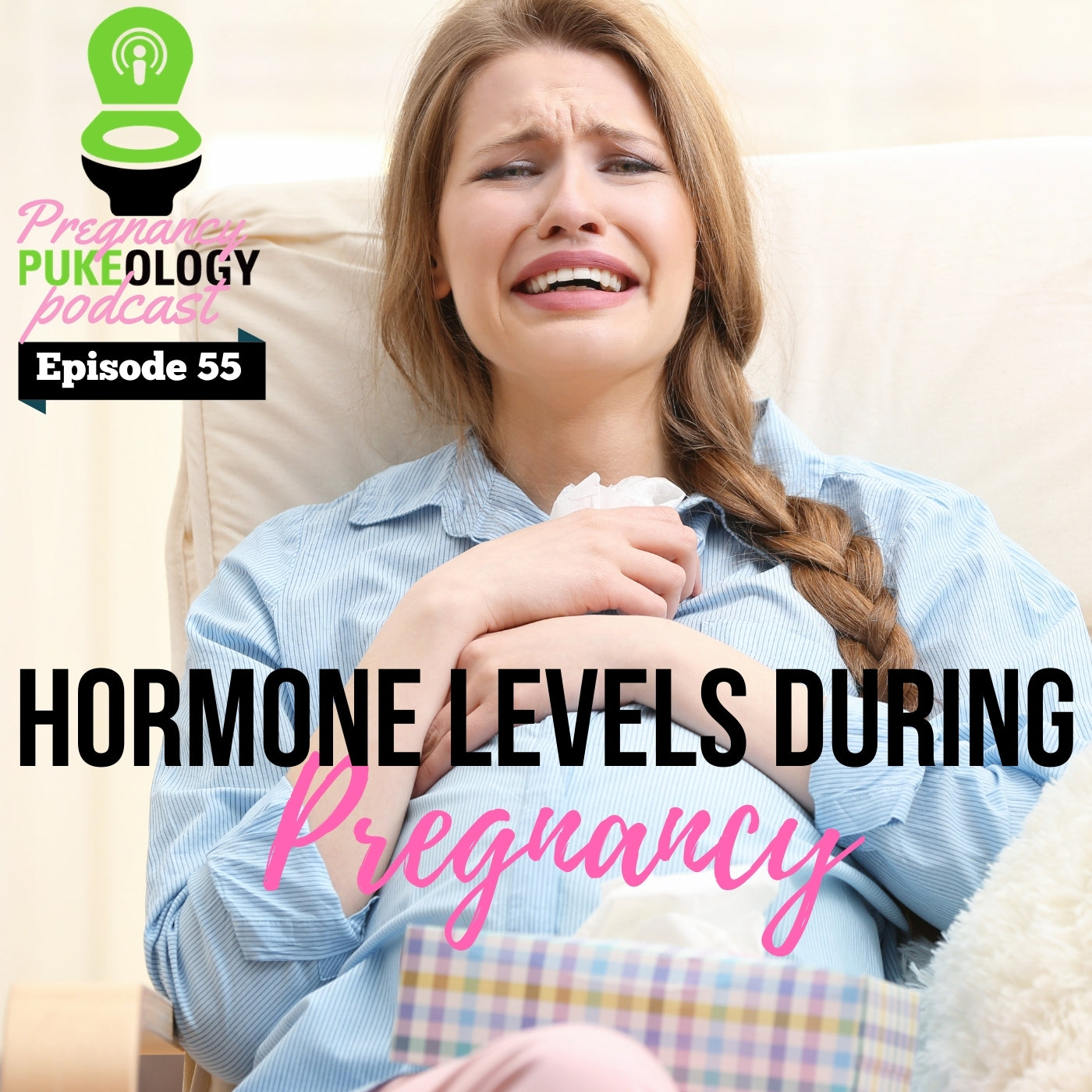
What are normal hcg levels in pregnancy
Pregnancy causes an imbalance of hormones. As a result, you will experience symptoms such as nausea, vomiting, fatigue, and mood swings while pregnant. Which hormones play a role during pregnancy? What are the normal levels of pregnancy hormones? What do abnormal values mean? Read on to learn more about pregnancy hormones or just listen to learn more.
hCG levels
Human Chorionic Gonadotropin Hormone (hCG). This hormone is majorly produced in the placenta during pregnancy. It plays the following functions during pregnancy:
- Promote progesterone production in the corpus luteum.
- Protect the fetus from being attacked by the maternal immune cells
- Promote the growth of the uterus as your baby continues to grow
- Play a part in pregnancy-induced nausea and vomiting
- Promote the growth of the organs of your baby during pregnancy

hCG levels at 4 weeks vs. hCG levels at 5 weeks
HCG levels at 4 weeks are 5-426 mlU/ml and then increase significantly the hCG levels at 5 weeks end are 1,080-56,500 mlU/mL.
When do HCG hormones peak?
HCG hormone rises every 48 to 72 hours as your baby continues to grow. The levels increase a lot during the first trimester and peaks around the 6th week of pregnancy. The hCG levels then start to decline after your first trimester, and is another reason why a majority of women experience morning sickness in their 1st trimester. Looking for a natural remedy for morning sickness? NoMo Nausea band was invented by a doctor who combined 3 most effective anti-nausea modalities into a stylish, waterproof, and instant relief wristband so you can stop getting pregnancy sickness in seconds.


Normal hCG levels
In non-pregnanct women, the hCG levels are low, usually less than 10 U/L. The levels are high when pregnant. Having hCG levels above 25U/L indicates that you are pregnant. The level rise in the first trimester to about 9,000 to 210,000 U/L in the 13 to 16 weeks of pregnancy.
If you are carrying multiple pregnancies, your hCG level will be even higher than when carrying one fetus. The levels are abnormally high in a molar pregnancy.
bhcg test
BhCG test, better known as a pregnancy test, can detect hCG levels higher than 25mlU/ml in the urine. Most OBGYN's account for a positive pregnancy if the bhcg test shows hCG levels above 25mIU/mL. A blood test can measure down to 1mlU/ml. Less than 5mlU/mL is considered negative pregnancy.
Cancers of the breasts, kidneys, and lungs can also lead to very high hCG levels in non-pregnant women. On the other hand, having low levels of hCG might be a sign of pregnancy loss, or ectopic pregnancy (baby implants in areas other than the uterus).
Always remember to consult your doctor if you suspect to have abnormal HCG levels – HCG should not be used to make a diagnosis of anything.

Human placental lactogen (hPL).
This hormone is produced by the placenta when your hCG hormone starts to decline. It is sometimes called human chorionic somatomammotropin.
hPL levels play key roles during pregnancy. These include:
- Gives nutrition to your fetus
- Stimulates your milk glands to release milk during breastfeeding
- Its level reflects the well-being of your placenta.
When do hPL hormones peak?
hPL hormone is produced as your hCG levels start to diminish. The hPL level rises steadily and peaks in the third trimester, usually at 34 weeks of gestation.
Normal values of hPL hormone
hPL levels range between 0.05 to 1 mg/l up to 20 weeks of gestation and 5.5 to 9.8 mg/L up to 38 weeks of gestation. The levels are high when carrying multiple pregnancies.
Very high levels of hPL could be a sign of diabetes, or cancer of your white blood cells, liver, and lungs.
A low level may be a sign of preeclampsia, pregnancy loss, placental insufficiency, or tumors of your uterus (hydatidiform mole).
Remember you should not use hPL alone to make a diagnosis. Consult your doctor who will perform other tests to make a diagnosis.
Estrogen
Estrogen is produced in the ovaries and the placenta during pregnancy. Estrogen is the hormone that gives you female sexual traits. During pregnancy, estrogen hormones play a role in maintaining a healthy pregnancy.
When do estrogen hormones peak?
Estrogen levels keep fluctuating throughout your pregnancy. The levels peak early during the third trimester, estrogen levels are six times higher than when not pregnant at 32 weeks of gestation.
Normal values of estrogen hormone
Estrogen is a group of hormones. Estradiol is the one that is commonly measured in the blood. The levels are 187-2498 pg/ml in the first trimester, 1276-7193 pg/ml in the second trimester, and 6138-3461 pg/ml in the third trimester.
Low estrogen levels when pregnant may affect the outcome of your pregnancy. They may be a sign of miscarriage, a reduced number of eggs if your (female) baby who may also have fertility problems.
Again, talk to your doctor if you have abnormal estrogen hormone results.
Progesterone in Pregnancy
During pregnancy, progesterone is produced by the placenta and ovaries. This hormone enhances the thickening of the lining of the uterine in preparation for implantation, it also promotes the growth of the breast as well as relax cartilages and ligament when you are in labor.
When do progesterone hormones peak?
Progesterone hormone fluctuates, just like estrogen, during pregnancy. The levels peak during the third trimester.
Normal values of progesterone hormone
What should progesterone levels be at 4 weeks
In the first-trimester progesterone levels are low (11–44 (ng/mL). the levels rise steadily as the pregnancy progresses to about 58–214 ng/mL during the third trimester.
Which hormone is responsible for ovulation?
Having a very low progesterone level may indicate the absence of menstruation, miscarriage, or poor ovarian function. Always consult your doctor whenever you receive abnormal results.

How to keep level hormones to avoid mood swings
Many women experience mood swings during pregnancy. This may be caused by an imbalance of pregnancy hormone or emotional stress and challenges associated with pregnancy.
Mood changes during pregnancy can be caused by physical stresses, fatigue, changes in your metabolism, or by the hormones estrogen and progesterone. Significant changes in your hormone levels can affect your level of neurotransmitters, which are brain chemicals that regulate mood. Mood swings are mostly experienced during the first trimester between 6 to 10 weeks and then again in the third trimester as your body prepares for birth.
Here are ways to keep level hormones to avoid mood swings
- Eat a healthy balanced pregnancy diet.
- Get adequate sleep each day. Take a nap if possible.
- Exercise regularly. Pregnancy yoga can help.
- Spend time with your partner.
Create time to relax during the day.
The following list includes ways to manage your stress level:
- Get plenty of sleep
- Take a break during the day to relax
- Get regular physical activity
- Eat well
- Spend time with your partner
- Take a nap.
- Go for a walk
- See a movie with a friend
- Don’t be so hard on yourself
- Try pregnancy yoga class or meditation
- Get a massage
If your mood swings last more than two weeks and do not seem to get better, you may want to ask your health care provider for a referral to a counselor. More than 11 million American women are affected by depression each year. Depression is most prevalent in women during childbearing years but can occur at any age.
Some symptoms of depression include:
- Recurrent anxiety and increased irritability
- Sleep disturbances
- Change in eating habits
- Inability to concentrate on anything for very long
- Short-term memory loss
If your mood swings become more frequent and intense, it is crucial that you speak with your health care provider about options for dealing with severe mood swings, anxiety or depression.
